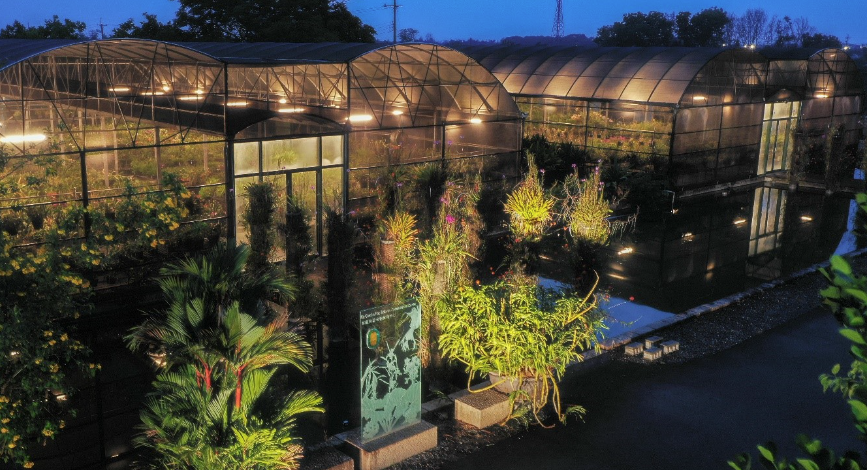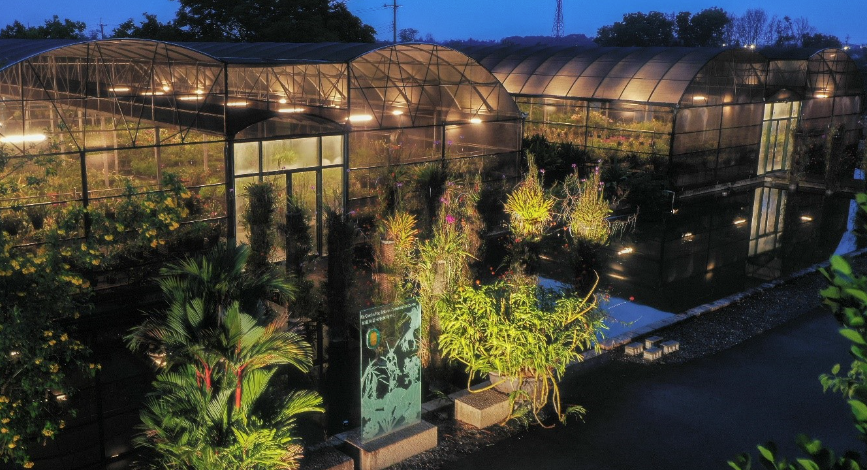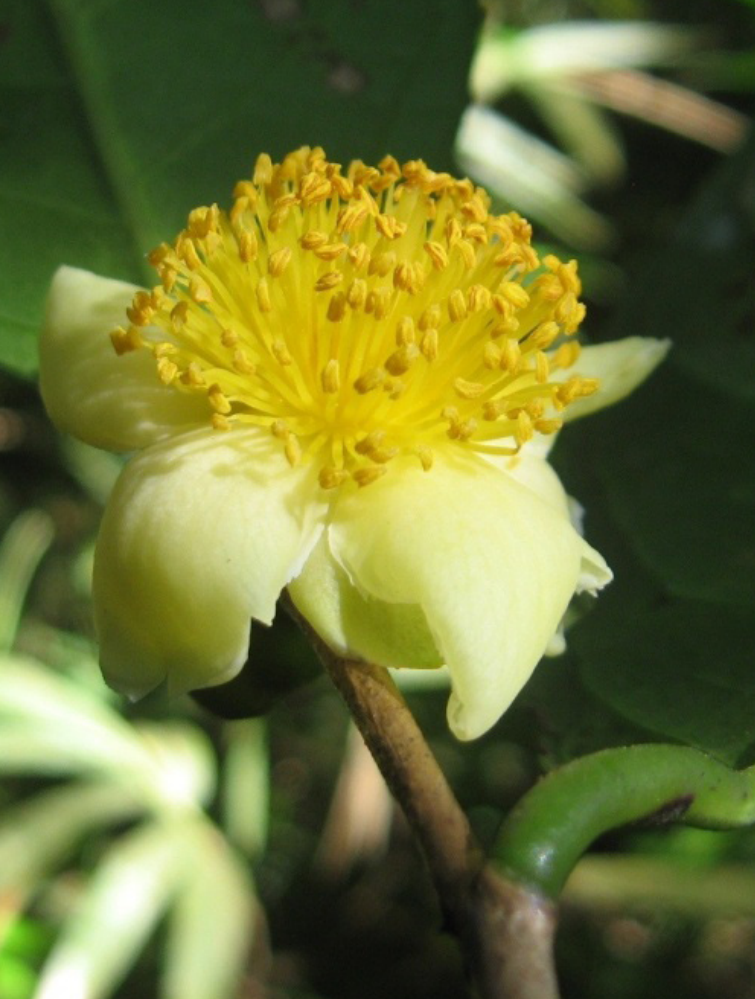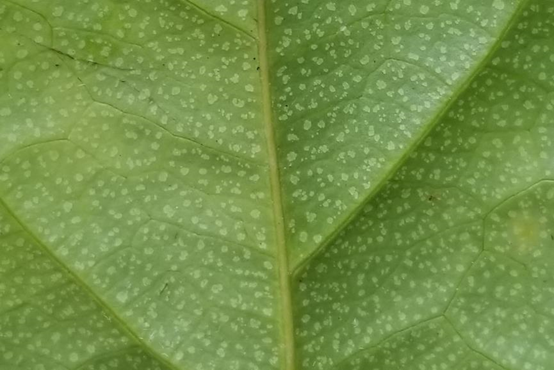Cryopreservation for the future

-
Status of project
Completed -
Region
Asia -
Country
Taiwan -
Programme
BGCI -
Topic
Plant Conservation
Human-driven destruction of habitats is leading us to the brink of a global biological disaster. A key step in global conservation research activities is the sequencing of entire genomes of plant species. Tropical plants with their richest diversity are at particular risk, since it is difficult and costly to meet their heat and humidity growing requirements in developed temperate countries. The effort of Taiwan’s Dr Cecilia Koo Conservation Centre (KBCC) to ensure the supply of high-quality plant material for genome sequencing is therefore particularly relevant.
In order to preserve and safeguard high-quality tropical plant materials for future genomic and transcriptomic studies, KBCC have established a cryopreservation facility with 40 liquid nitrogen tanks, and a capacity for 240,000 samples in total. To date 8,489 accessions have been cryopreserved. For each species, at least three organ types have been separately frozen, with two replicate vials. In total, 59,937 cryovials have been made and catalogued, under the supervision of a full-time manager.

Image credit: KBCC
In the next 5 years, their plan is to have all 40,000 taxa in their living plant collection cryopreserved. This is all with the aim to better understand and decode the genomic information across the plant tree-of-life. KBCC is eager to share experiences and join forces with other botanic gardens to protect and learn from our valuable biodiversity resources, before it is too late. They have therefore joined the Global Genome Biodiversity Network, which links institutions from around the world that share the interest in long-term preservation of genomic samples representing all non-human biodiversity on Earth.

